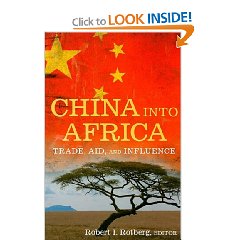
Africa and China are now immersed in their third and most transformative era of heavy engagement, one that promises to do more for economic growth and poverty alleviation than anything attempted by Western colonialism or international aid programs.Robert Rotberg and his Chinese, African, and other colleagues discuss this important trend and specify its likely implications. Among the specific topics tackled here are China's interest in African oil; military and security relations; the influx and goals of Chinese aid to sub-Saharan Africa; human rights issues; and China's overall strategy in the region. China's insatiable demand for energy and raw materials responds to sub-Saharan Africa's relatively abundant supplies of unprocessed metals, diamonds, and gold, while offering a growing market for Africa's agriculture and light manufactures.As this book illustrates, this evolving symbiosis could be the making of Africa, the poorest and most troubled continent, while it further powers China's expansive economic machine.

One of the most worrying elements to emerge from these pages is a consistent lack of transparency in all these Chinese ventures. “Not a single Chinese official in the region would agree to meet us,” the authors write. Their requests for interviews with African officials and Chinese managers were routinely ignored, access to work sites barred and information on contractual terms withheld. Domestic parliamentarians have been similarly stymied, unable to uncover even basic details of projects they were promised would transform their countries. None of this bodes well on a continent where top-level sleaze and capital flight have already leached away billions of dollars earmarked for development. Opaque, unscrutinized contracts threaten more of the same. Michel and Beuret are admirably even-handed, unsparing in their attacks on the cynical agendas and sad outcomes of past French, British and U.S. intervention.
Phi Beta Iota: Above two on order and will be reviewed soon.
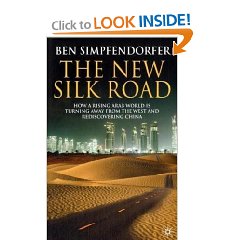
“As the chief China economist for Royal Bank of Scotland in Hong Kong and a former resident of both Beirut and Damascus, Mr Simpfendorfer is well placed to tackle the subject. But although he is a professional economist, what sets Mr Simpfendorfer's book aside from the usual run of publications about the mainland's rise is not his command of macroeconomic statistics, but his grasp of how the expanding relationship between China and the Arab world works at the personal level.” – Tom Holland, South China Morning Post
“Despite the global economic crisis, the trajectory of the Arab and Chinese economies still match the soaring skylines of Dubai and Shanghai. Furthermore, as Ben Simpfendorfer bracingly illustrates, these are not isolated events but rather the resurrection of a Silk Road symbiosis. For all the region's troubles, this book places the Persian Gulf back where it geographically belongs: at the center of Eurasia and bending towards the overwhelming gravity of China.” – Parag Khanna, author of The Second World–Empires and Influence in the New Global Order and Senior Research Fellow at the New America Foundation
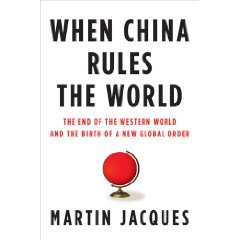
A convincing economic, political and cultural analysis of waning Western dominance and the rise of China and a new paradigm of modernity. Jacques (The Politics of Thatcherism) takes the pulse of the nation poised to become, by virtue of its scale and staggering rate of growth, the biggest market in the world. Jacques points to the decline of American hegemony and outlines specific elements of China's rising global power and how these are likely to influence international relations in the future. He imagines a world where China's distinct brand of modernity, rooted firmly in its ancient culture and traditions, will have a profound influence on attitudes toward work, family and even politics that will become a counterbalance to and eventually reverse the one-way flow of Westernization. He suggests that while China's economic prosperity may not necessarily translate into democracy, China's increased self-confidence is allowing it to project its political and cultural identity ever more widely as time goes on. As comprehensive as it is compelling, this brilliant book is crucial reading for anyone interested in understanding where the we are and where we are going. Publishers Weekly
For the better part of 15 years, with one tragic interruption, he dug and dug and then transformed his scholarly spadework into accessible, inviting prose. The result is “When China Rules the World,” a compelling and thought-provoking analysis of global trends that defies the common Western assumption that, to be fully modern, a nation must become democratic, financially transparent and legally accountable. Jacques argues persuasively that China is on track to take over as the world's dominant power and that, when it does, it will make the rules, on its own terms, with little regard for what came before. Washington Post

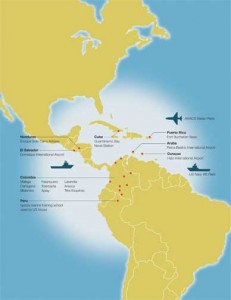

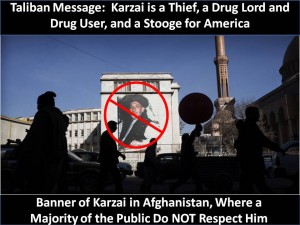 Taliban Overhaul Their Image In Bid To Win Allies
Taliban Overhaul Their Image In Bid To Win Allies

